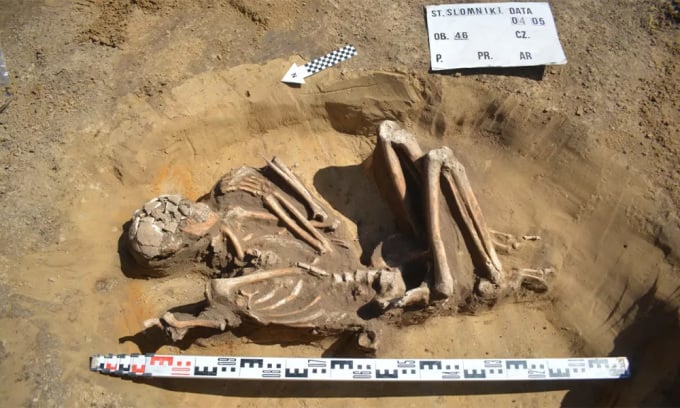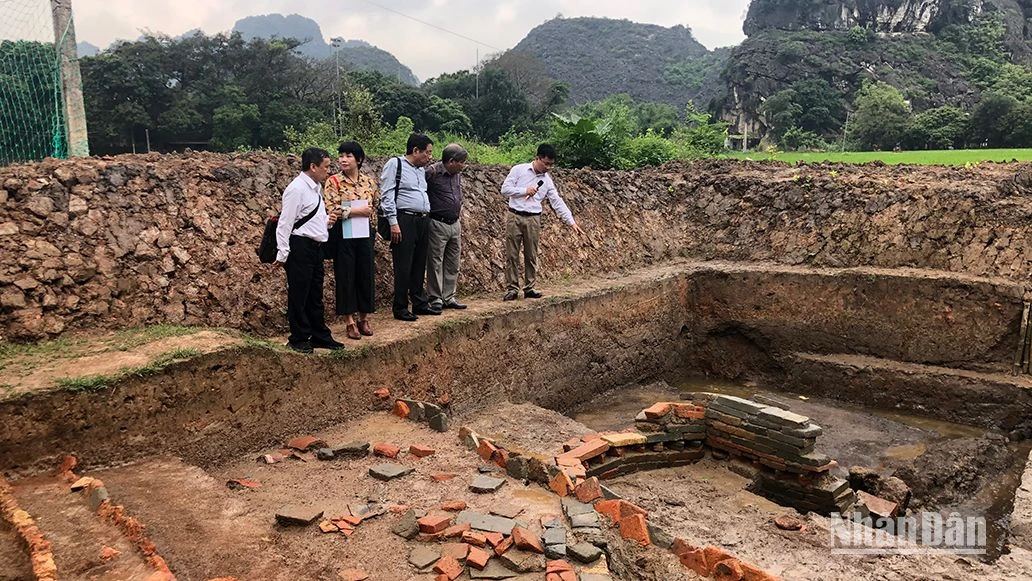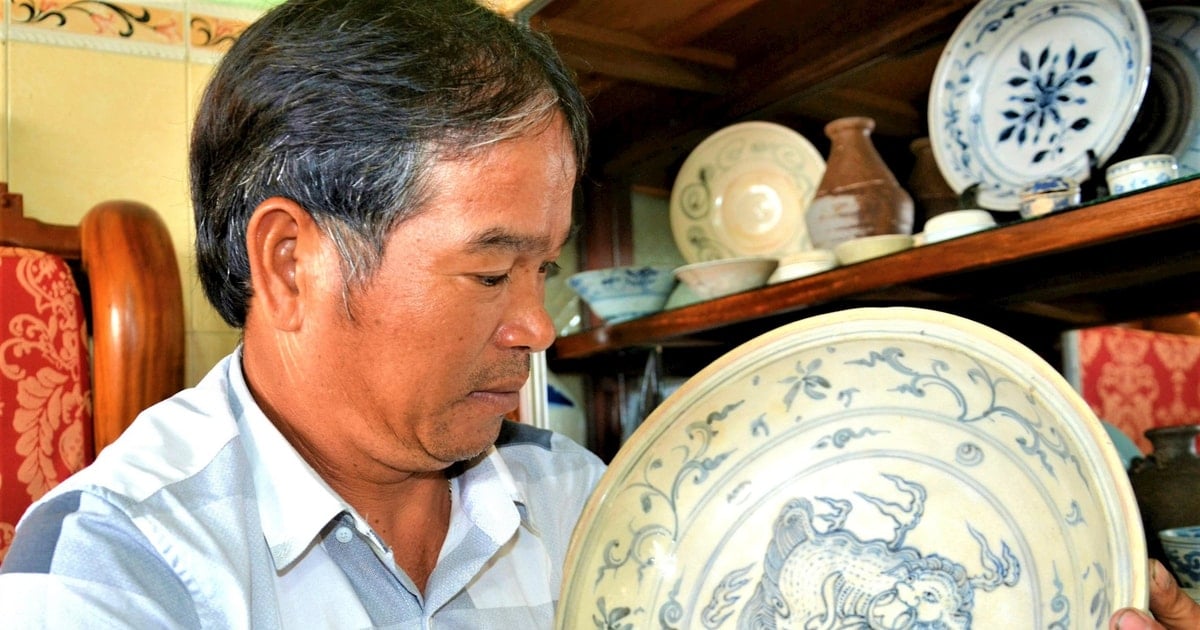Poland Archaeologists discovered a complete skeleton, with limbs curled up in a fetal-like position, that was exceptionally well preserved.

The tomb contains remains dating back around 7,000 years. Photo: Pawel Micyk/Lukasz Szarek
The remains were unearthed along with some surrounding pottery during renovations to the town square in Slomniki, Krakow, Ancient Origins reported on May 22. Based on the style of the pottery, which belongs to the Linear Pottery Culture (LBK), the remains could date back 7,000 years, according to Paweł Micyk, an archaeologist at Galty Earth and Engineering Services, who excavated the site in Slomniki.
Thanks to being buried in loose soil with a non-acidic chemical composition, the skeleton was exceptionally well preserved, according to Micyk.
"We can't tell at this point who the person is, but future analysis by an anthropologist may reveal more information," Micyk said. The team also plans to use radiocarbon dating to more accurately determine when the person lived.
Experts also found flint fragments next to the remains. Some of the burial objects were damaged because the upper part of the tomb had been flattened.
"This is a really exciting and very important discovery. The grave belongs to the earliest Neolithic farmers who crossed the Carpathians from the south and arrived in Poland in the 6th millennium," said Małgorzata Kot, professor of archaeology at the University of Warsaw.
"We still know very little about the culture of these ancient farmers, especially about burial customs. They buried their dead within the settlement or in separate cemeteries, but cemeteries are rarer," Kot said. Perhaps the new skeleton will shed more light on these people.
Thu Thao (According to Ancient Origins )
Source link


![[Photo] Unique folk games at Chuong Village Festival](https://vstatic.vietnam.vn/vietnam/resource/IMAGE/2025/4/10/cff805a06fdd443b9474c017f98075a4)
![[Photo] Prime Minister Pham Minh Chinh chairs meeting to discuss tax solutions for Vietnam's import and export goods](https://vstatic.vietnam.vn/vietnam/resource/IMAGE/2025/4/10/19b9ed81ca2940b79fb8a0b9ccef539a)





























































































Comment (0)